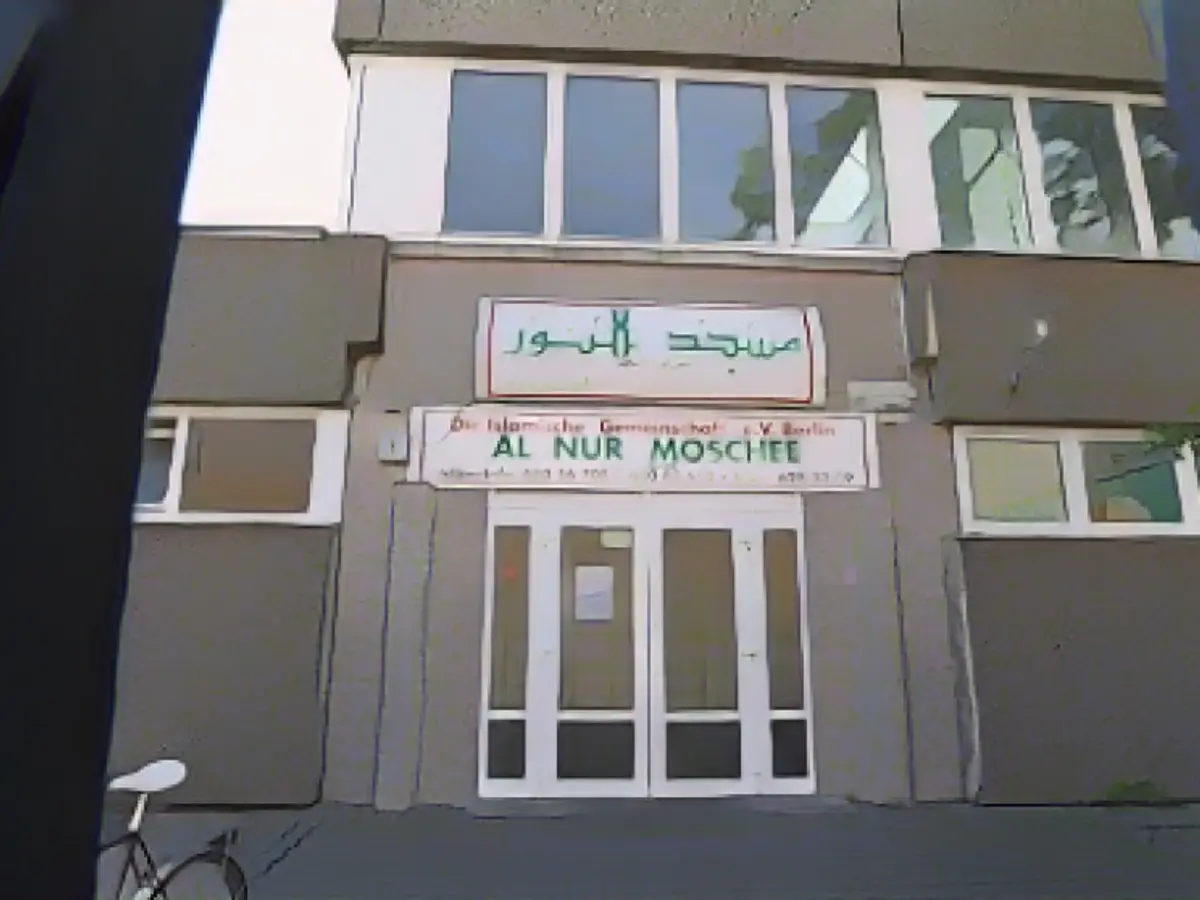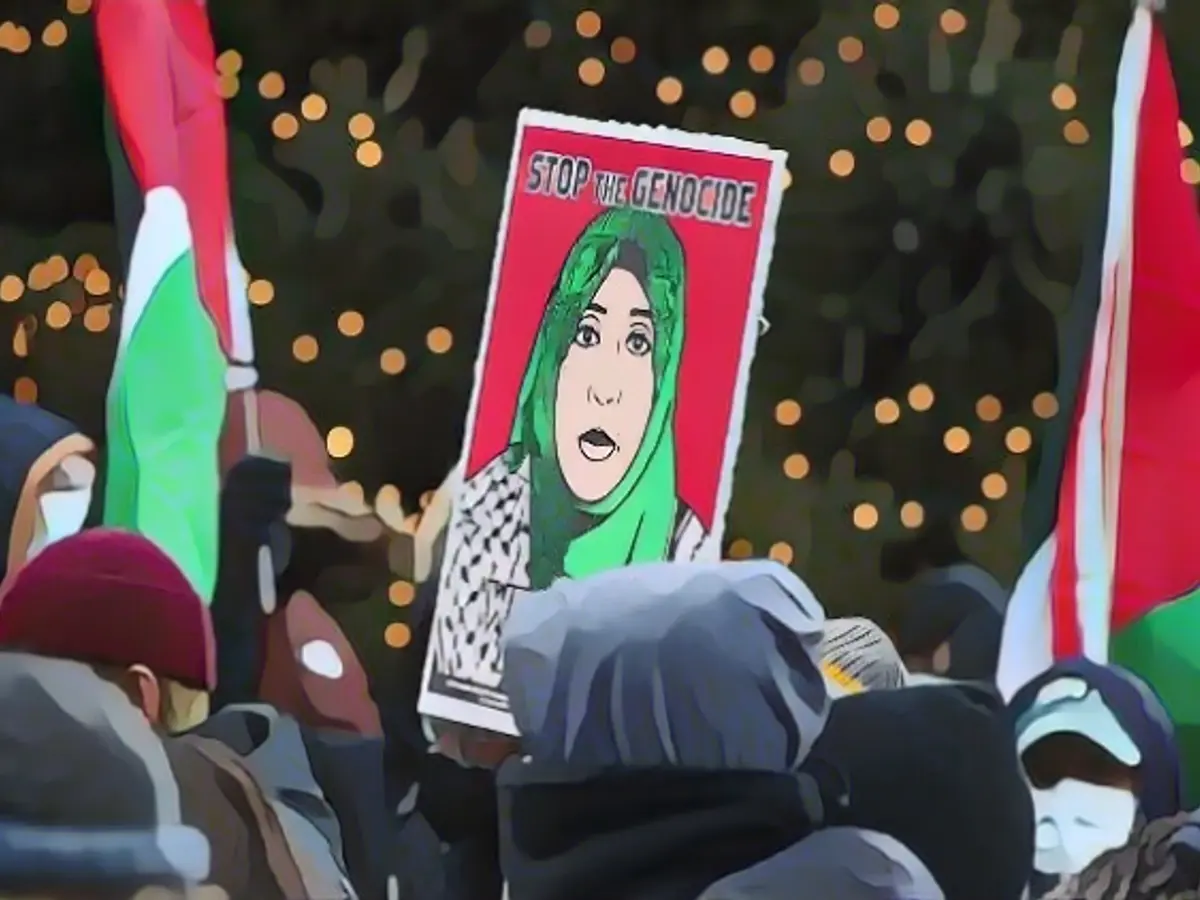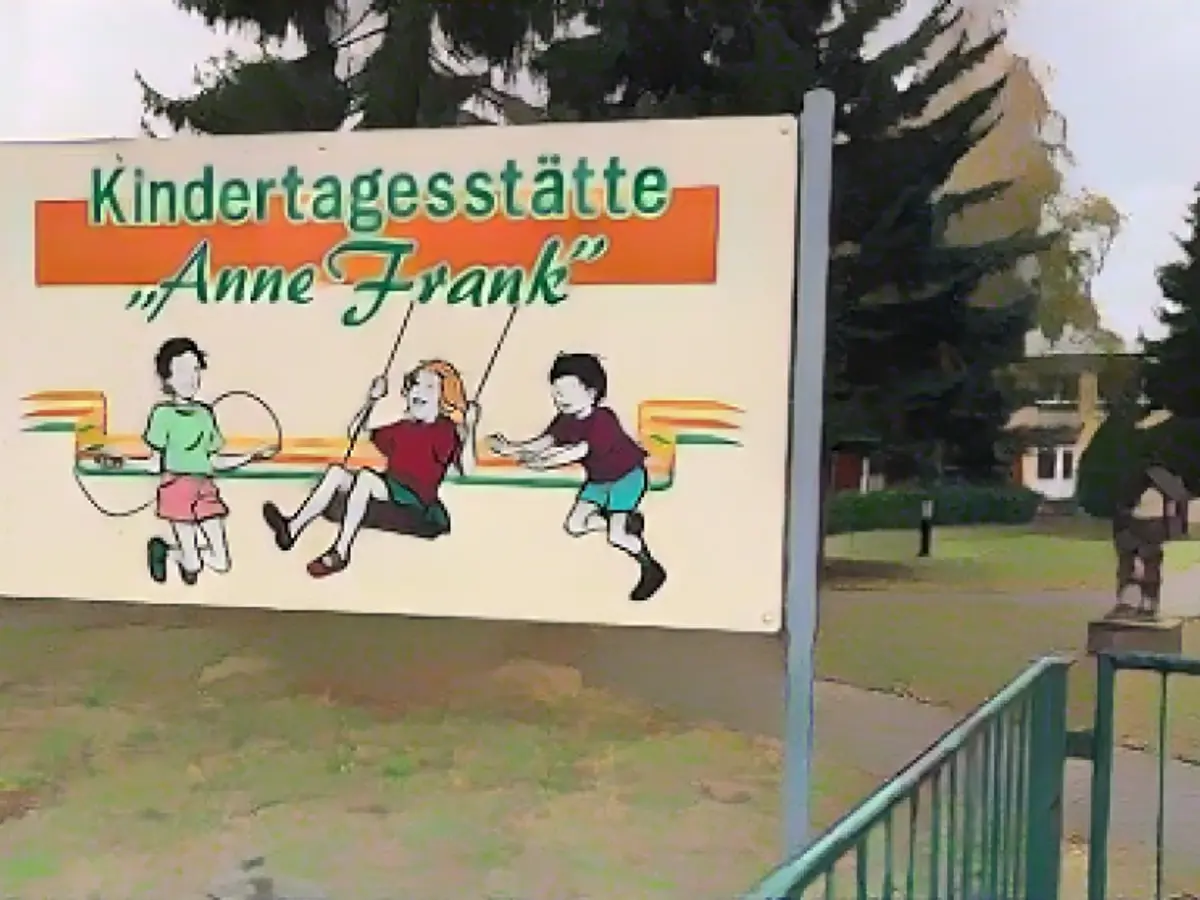Neukölln's Mosques Shy Away from Peace Declaration
Berlin - Despite the appeal from District Mayor Martin Hikel (SPD), only two of Neukölln's ten large mosque communities chose to sign a joint peace declaration following Hamas' attack on Israel.
The declaration, designed to condemn Hamas' massacres and promote peace, was met with a lukewarm response from the religious community. Of the ten mosques, only the Ditib Şehitlik Moscheegemeinde and the Aziziye Camii Berlin Buckow Mosque agreed to sign. The other eight communities failed to respond.
Among the dissenters were radical mosque associations like Imam-Riza and Al Nur, located on Reuterstraße and Haberstraße respectively. The Imam-Riza is considered to be a gathering place for supporters of Hezbollah, a Lebanese Islamist organization. Al Nur, on the other hand, is classified by the Office for the Protection of the Constitution as a Salafist hub in Berlin.
While moderate mosque associations, such as Dar-Assalam (Flughafenstraße), also maintained their distance from the declaration, Imam Mohamed Taha Sabri, a Tunisian-born leader, voiced his support for reason and humanity but declined to join the call for peace.
Despite the mayor's optimism, the boycott from the other seven mosques is a significant setback. As imams hold immense influence over Berlin's Muslim community, particularly children in educational institutions and Koran schools, this absence is a telling sign.
In the radical mosques, hatred towards Israel and the Jews has become an accepted norm, a shared stance that goes unchallenged. These associations refuse to distance themselves from supporters of Hamas who publicize their views in the streets, choosing instead to remain silent.
A multi-faceted approach is necessary to address this issue effectively. This includes intelligence gathering, a robust legal framework, community engagement through dialogue and education, monitoring of charities, collaboration with NGOs, public awareness campaigns, and international cooperation to combat hate-filled discourses.
Community engagement is particularly crucial for countering radical ideologies among young adults. By promoting moderate Muslim leaders and fostering interfaith understanding, the influence of extremist groups can be diminished.
- Intelligence Gathering: Identify and track individuals associated with radical mosques through video surveillance, informants, and monitoring online activities.
- Legal Framework: Enforce existing anti-terrorism laws prosecuting individuals engaging in hate speech or incitement to violence, such as Germany's laws against incitement to hatred.
- Community Engagement: Establish dialogue with moderate Muslim leaders, promote interfaith understanding, and provide educational programs that foster tolerance.
- Monitoring of Charities: Investigate suspicious funding sources, particularly donations supporting radical activities, and potentially shut down charities suspected of funneling money to terror organizations.
- Collaboration with NGOs: Partner with organizations like CLAIM that monitor Islamophobia and can offer valuable insights into radical mosques.
- Public Awareness Campaigns: Launch counter-narrative campaigns through media, community outreach programs, and educational initiatives that challenge extremist discourses.
- Law Enforcement Cooperation: Share intelligence and best practices with international law enforcement agencies in combatting hate-filled ideologies.
- Regulation of Mosques: Establish regulatory oversight mechanisms to ensure mosques complied with local laws and regulations, including regular inspections and monitoring of sermons and activities within the mosques.
Addressing hate-filled discourses in Berlin's mosques necessitates a collaborative approach between law enforcement agencies, community organizations, and moderate Muslim leaders. By fostering tolerance and interfaith understanding, and combating extremist narratives, a more inclusive and peaceful community can be cultivated.








